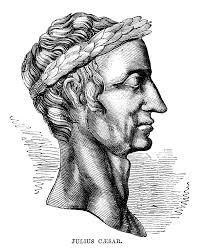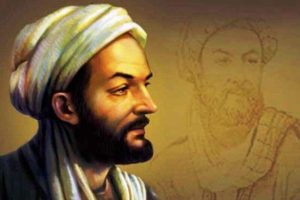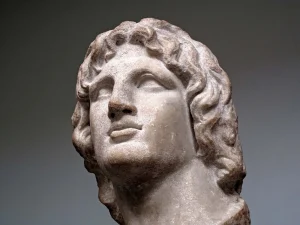
Julius Caesar
Julius Caesar was a renowned Roman general, politician, and strategic leader who played a key role in the transition from the Roman Republic to the Roman Empire. Through his conquests in the Gallic Wars, he expanded Rome’s territories and established himself as a powerful figure. His increasing power and ambition led to fear among some Roman senators, and in 44 BCE, he was assassinated by a group of them. His death marked the end of the Roman Republic and paved the way for the rise of the Roman Empire.
Early Life and Background
Julius Caesar was born on July 12, 100 BCE, into the prestigious Julian clan, a patrician family of ancient Rome. His full name was Gaius Julius Caesar, and although his family had noble ancestry, they were not particularly wealthy or influential at the time of his birth. His father, also named Gaius Julius Caesar, was a praetor, a high-ranking magistrate, but died when Julius was only 16, leaving him to navigate the challenges of early life.
Mother: Aurelia Cotta, a woman of high standing in Rome’s aristocracy.
Education: Caesar was educated in Rome and also studied in Rhodes, where he honed his skills in rhetoric and philosophy, learning from renowned scholars.
Rise to Power in Rome
Julius Caesar’s early political career was marked by his ambition, political maneuvering, and the support of powerful allies.
Military Service
At 18, Caesar began his military service, and his first significant post was as a military tribune in Asia Minor. His bravery during a siege of the city of Mytilene earned him recognition and respect.
Capture by Pirates
In 75 BCE, Caesar was kidnapped by pirates while traveling to Rhodes. During his captivity, he maintained a confident attitude and vowed to capture and crucify his captors once released. True to his word, after his release, Caesar raised a fleet, captured the pirates, and had them executed.
Political Career
Caesar’s early political career involved several key roles:
- Quaestor in 69 BCE, where he gained insight into Rome’s financial system.
- Aedile in 65 BCE, where he funded lavish games and public spectacles, increasing his popularity.
- Pontifex Maximus in 63 BCE, Rome’s chief priest, allowing him influence over religious matters.
- Consul in 59 BCE, a prestigious office, which allowed him to shape legislation.
The First Triumvirate One of Caesar’s most significant achievements was the formation of the First Triumvirate in 60 BCE, an informal political alliance with Pompey the Great and Crassus, the wealthiest man in Rome. This alliance gave Caesar the political leverage needed to rise to greater heights in Roman politics.
- Pompey: A celebrated general, Pompey sought Caesar’s support for his military victories and land grants for his veterans.
- Crassus: A wealthy financier, Crassus wanted political power and support for his business ventures.
This alliance allowed Caesar to gain a consulship and secure the governorship of Gaul (modern-day France and parts of Europe), where he would go on to achieve great military success.







